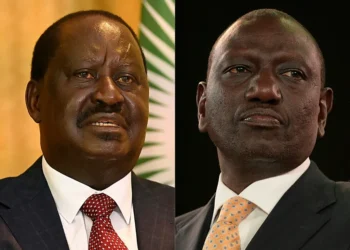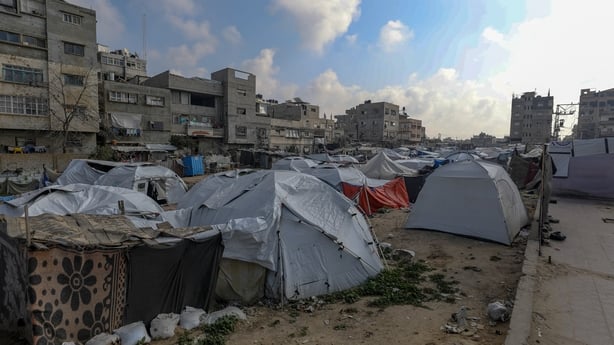A crisis meeting held with the regulator of Côte d’Ivoire’s cocoa beans exporters disclosed that Côte d’Ivoire exporters are close to defaulting on their contracts due to a lack of beans and urgently need up to 150,000 tonnes to honour their commitments.
As the world’s top producer heads towards the end of its October-to-March main harvest, bean supply is tight. Exporters estimated that arrivals at its main ports stood at 34,000 tonnes for the week versus 66,000 tonnes during the same period last season.
Cocoa regulator, the Cocoa and Coffee Council (CCC) met with representatives of GEPEX, which represents multinational exporters, domestic traders’ lobby GNI, and UCOOPEXCI, which represents exporting cooperatives, last week to discuss the shortfall, the sources said.
“We are heading towards a certain default because we have not been able to buy beans since January,” a member of UCOOPEXCI who also attended the meeting said. Another member of the domestic cocoa traders association GNI, also said they are also facing difficulties buying beans to honour export contracts.
The Volume Of Cocoa Being Sold
The volume of cocoa being sold exclusively within the Fairtrade market, which commands a higher price that is passed on to farmers, has also cut the volumes available to domestic exporters.
“Certified cocoa costs between 950 CFA (US$1.54) and 975 CFA francs per kilo, while the farmgate price is 900 CFA francs. It is impossible for us to compete because multinationals have a monopoly on all certified cocoa,” one trader said.
Members of the CCC noted that they asked the CCC to react quickly so domestic exporters could avoid looming defaults.
At the meeting, it was further disclosed that the watchdog proposed pushing back the loading period for the contracts of struggling exporters to June so that they can buy beans between April and June during the mid-crop harvest.
“Delaying the loading period to June will not solve anything. Our customers expect cocoa from the main crop which is of much better quality than the mid-crop,” a domestic trader said.
Another solution proposed by the CCC included authorising local cocoa grinders to hold only 15 days’ worth of beans grinding capacity instead of 45 days.
But cocoa grinding companies said the solution was impracticable because the stocks are already scheduled to be processed within a few months in response to strong market demand for semi-finished cocoa products.
“We are currently grinding at almost 95% of capacity due to strong international demand, and this stock will quickly be exhausted in a few weeks,” said the manager of an Abidjan-based company.
Recently, the International Cocoa Organization (ICCO) stated that since the start of the season, cocoa prices have generally not gone through any noticeable movement although prices within the broader commodity market have witnessed significant ascending trends.
Accounting for around 60% of global production, the ICCO noted that the shortfall in cocoa arrivals in Côte d’Ivoire and purchases in Ghana, coupled with an increase in global demand which resulted in a three-digit supply deficit should have normally supported cocoa prices for the current season. However, the Organization disclosed that this is not the situation at the moment.
It can be recalled that Cote d’Ivoire’s cocoa regulator last week began a nationwide distribution of electronic cards to cocoa farmers to help track cocoa beans from plantations to their export ports and ensure the growers are paid a guaranteed price for their produce.
With the exporters likely to default, the country will also likely suffer a dip in revenue from the sector since the commodity is the country’s largest foreign earner.




















